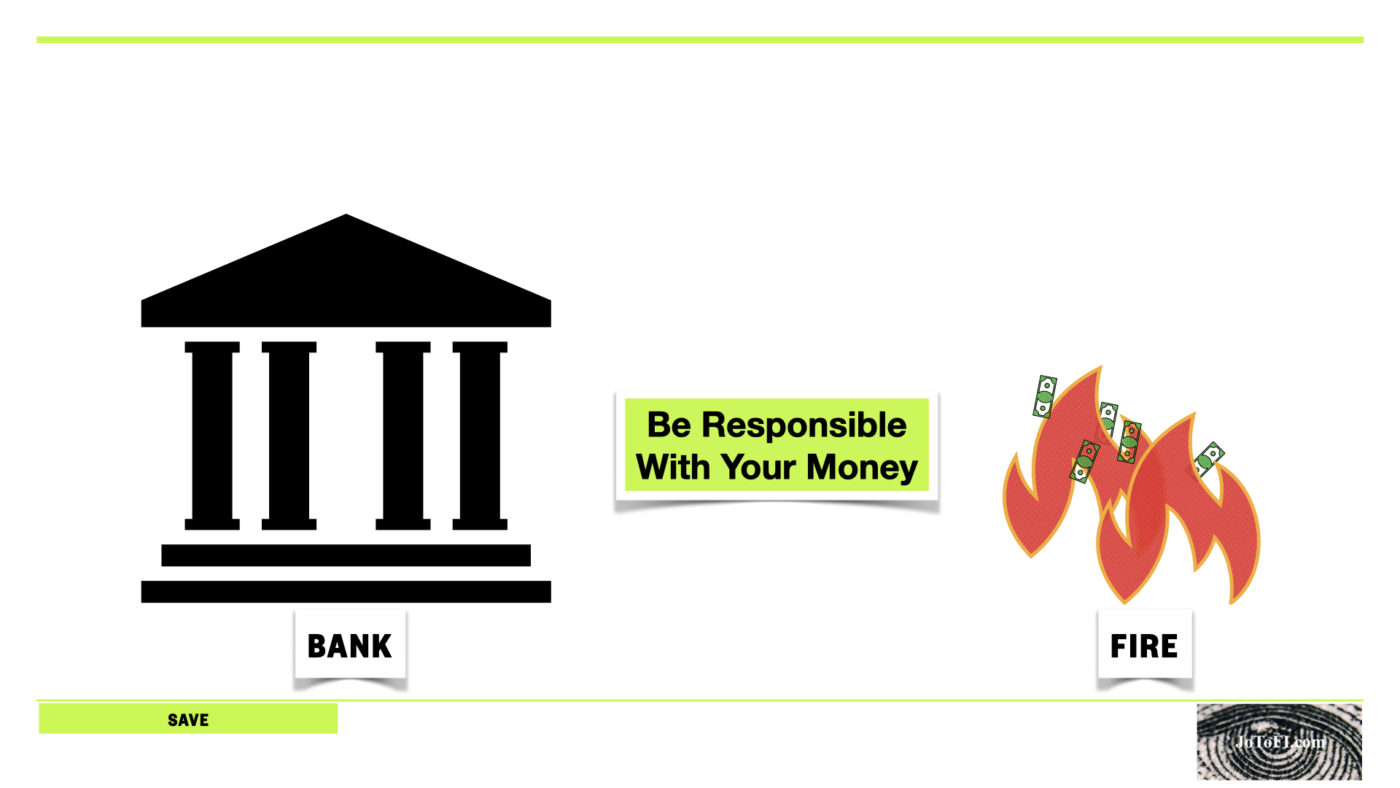Saving money begins with first having at least one income stream. Second, saving money requires spending less than your income, not spending in excess and doing so consistently over time. Saving is the first step towards financial independence and while saving money is a simple concept, consistently saving over time is difficult for many.
Assess Your Current Financials
If you truly would like to begin saving money, it is important to know where you are financially. It is important to take stock of your financials right at this moment. It is time to know what your monthly expenses are and how much you are bringing in each month. By making a list of your monthly income and monthly expenses, you get a clear picture of why you are getting in debt or not saving enough.
Determine How Much You Can Save
When it comes to saving money, the math will never work if your expense are higher than your income. Once you make a list of your monthly income and your monthly expenses, it is time to take a close look at your list of monthly expenses. Now ask yourself, what can be reduced or cut out? It may be: moving to a smaller home to reduce rent/mortgage, moving closer to work to reduce the cost of commuting, bringing your lunch to work, stop/reduce eating out, cut your cable or other subscription costs. Make your list, however, whatever the cost cutting measure may be, it is important to review your list of expenses and be honest with yourself. While it is great to say that you will cut or reduce your expenses, you must be able to actually implement your plan of reducing cost.
Increase Your Income
Now, turn to the income side of your list. How can you increase your income? This increase need not be immediate, but must be doable. For example, you can request a raise, change jobs, invest in your education and return to school/learn a skill to get a better position or research a side hustle that may provided additional income? The goal is to increase your income such that your income is higher than your expenses.
Begin Saving Money
Once you are able to get your income higher than your expenses, you have done the hard work and you are 90% there. But you must take the next critical step and perform the act of saving money. Now that your income is higher than your expenses, you must save that money. Many fall into the trap of spending their disposable income each month. Do not fall into this trap, remember, your goal is not to simply reduce your expenses and increasing your income. Your goal is to save money. So save your money.
There are a number of tools available that facilitates saving money. For example you can automate your savings by automatically transferring money from your pay to a savings account or you may save in a high yield savings account that provides higher interest rates than the typical brick and mortar banks. Research the options available to maximize and grow your savings. Further, to consistently save, while it is not required, a budget may provide a financial guide.
Saving Money And Your Future
Now that you are saving money, do look towards the future and your financial health. Look to paying off debts, investing, and contributing to your retirement. Saving is only the first step on the path to growing financially and financial independence.
Conclusion
Saving money begins with first having at least one income stream. Second, saving money requires spending less than your income, not spending in excess and doing so consistently over time. Saving is the first step towards financial independence and while saving money is a simple concept, consistently saving money over time is difficult for many. Take your first steps to financial independence today.
Follow me on Twitter @JoToFI_com
Follow me on Instagram @JoToFI_com


